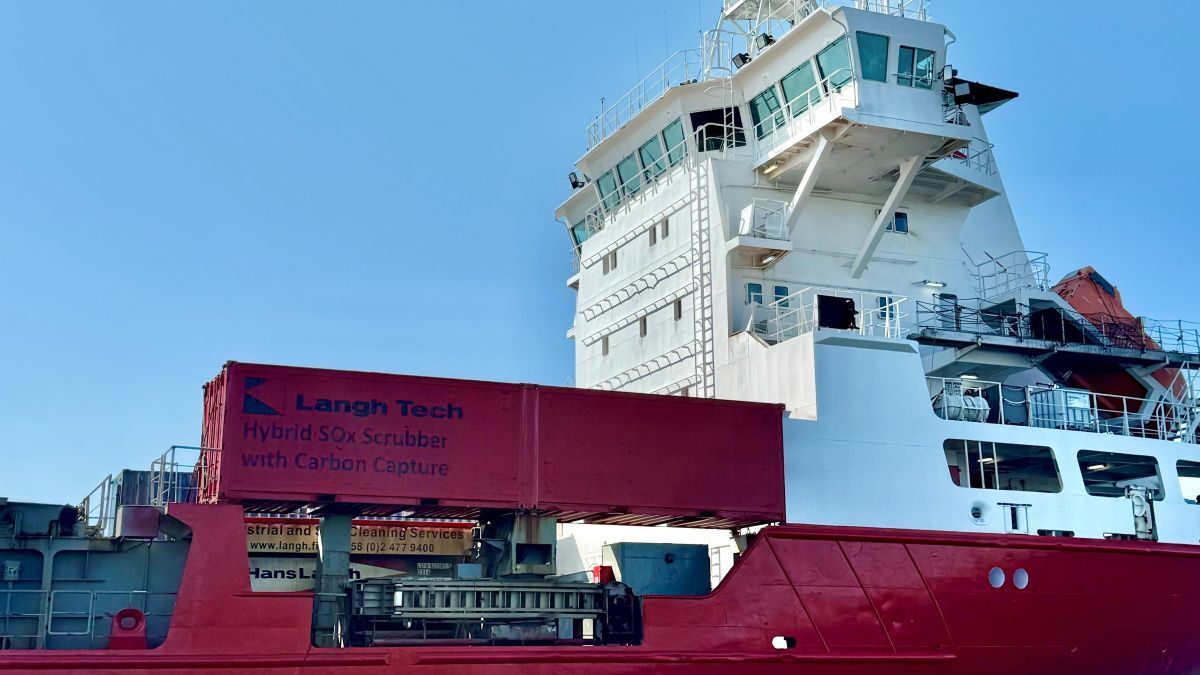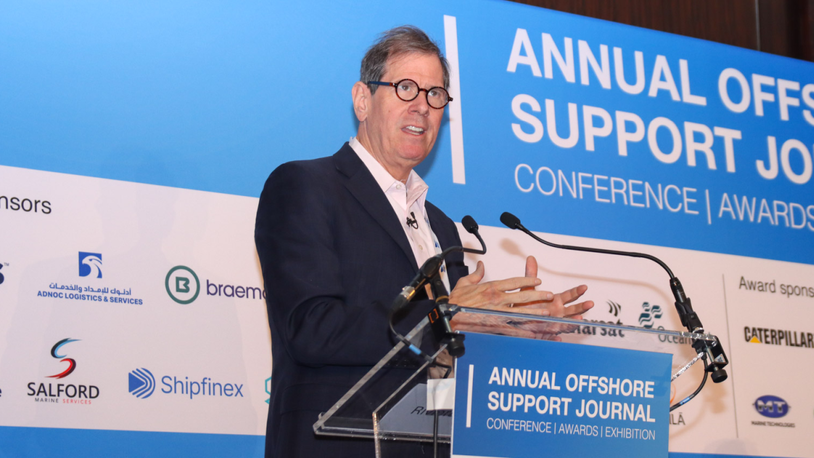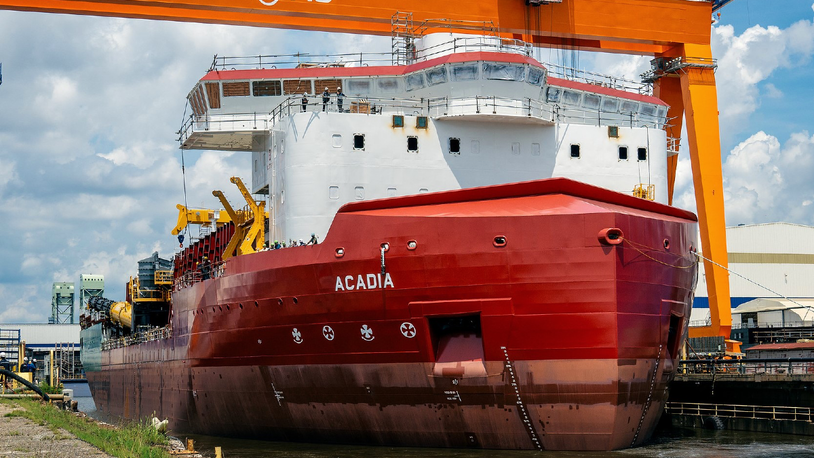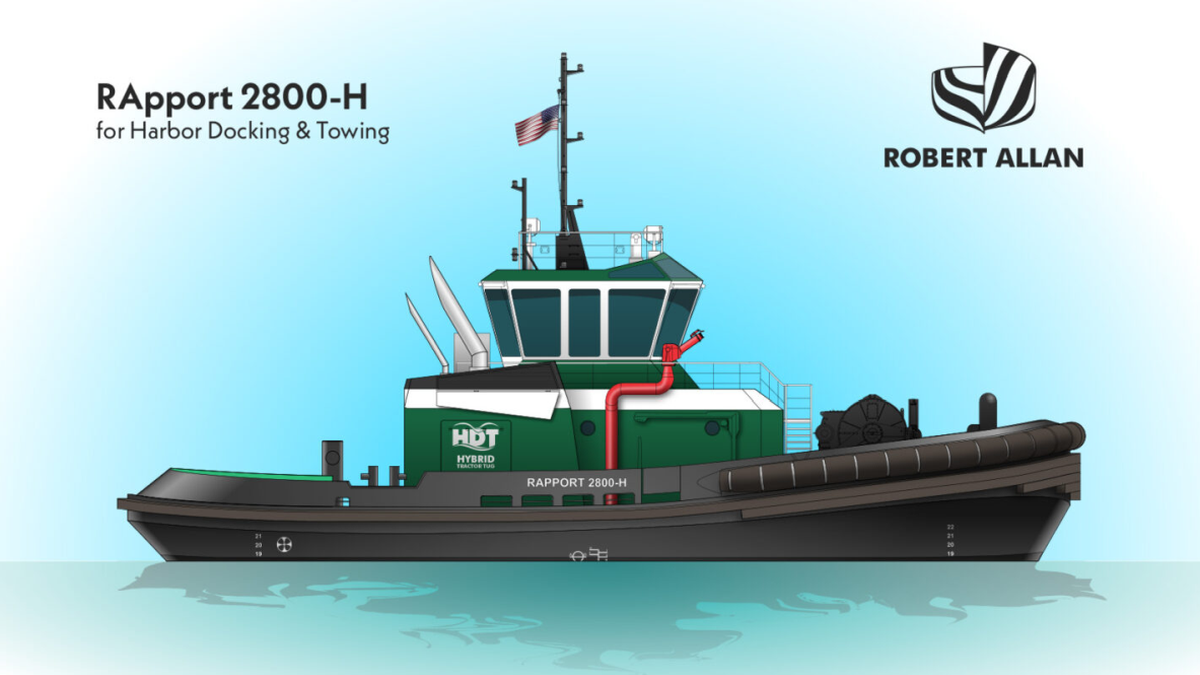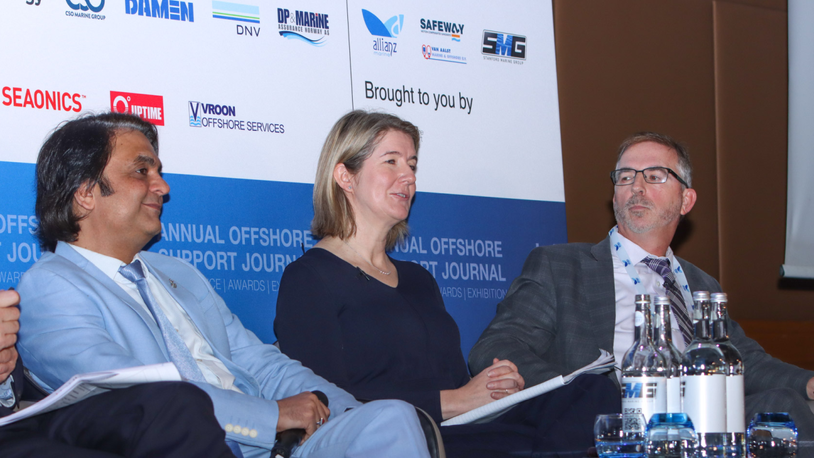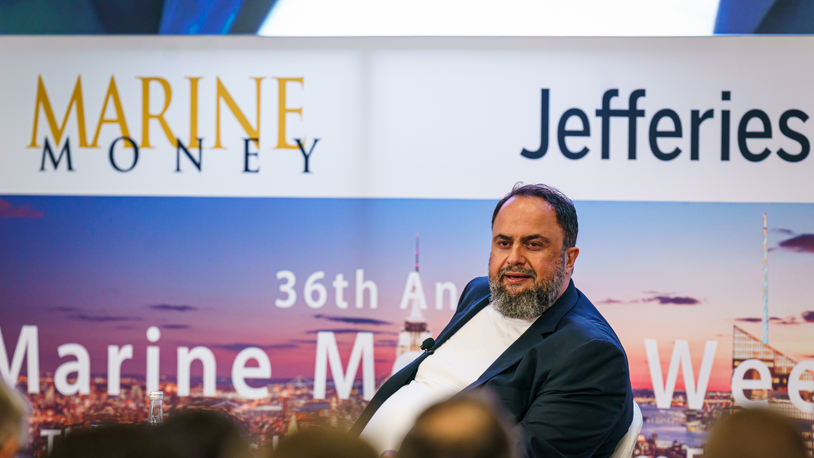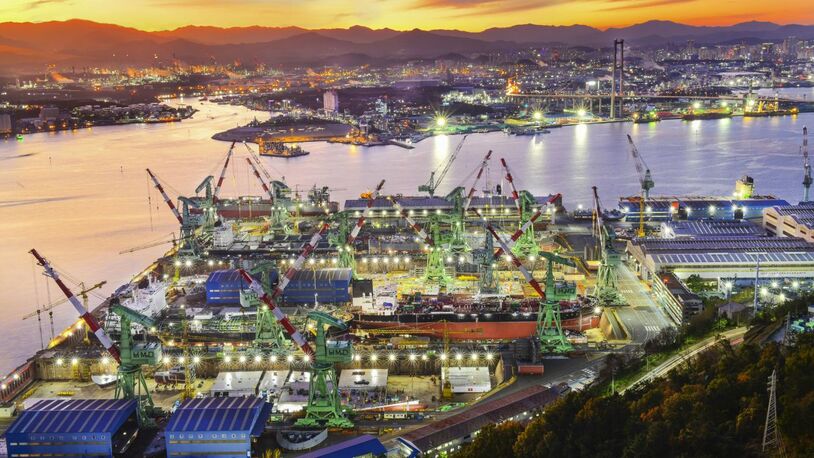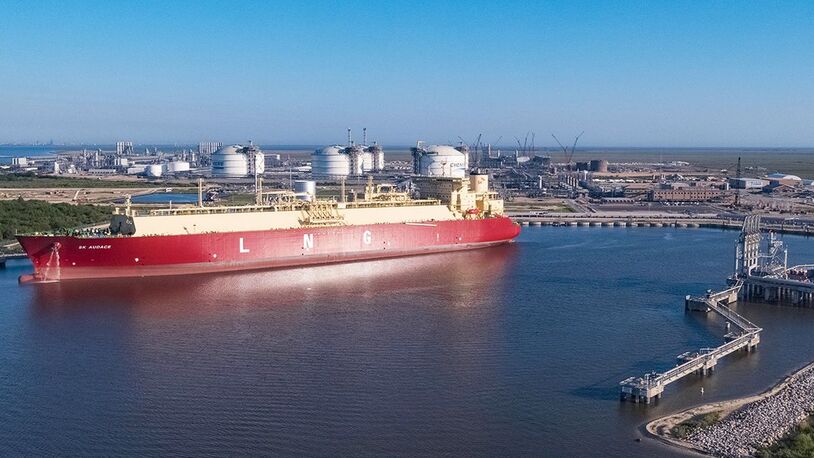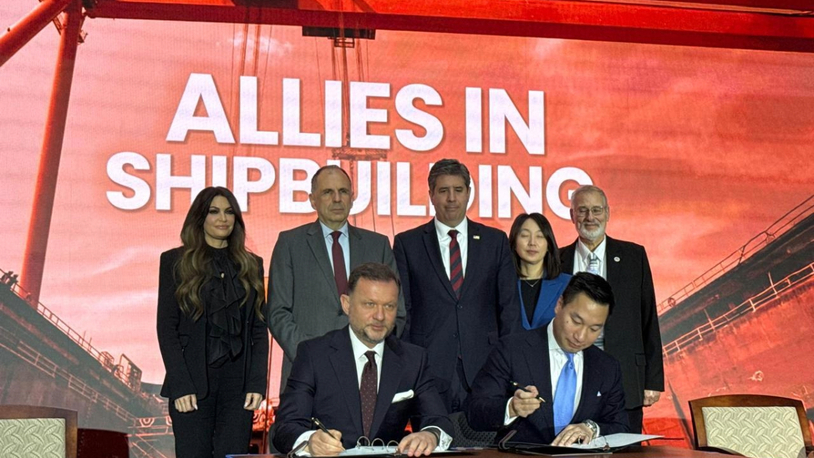Business Sectors
Events
Contents
Register to read more articles.
Shipowner-developed onboard carbon capture system drives value creation
Langh Tech, Damen Shipyards, BAM Shipping and Atal Solutions collaborate on onboard carbon capture technology, blending emissions reduction with value creation for sustainable shipping
Finnish shipowner and engineering group Langh Tech has introduced a commercially available onboard carbon capture (OCC) system tested on its own vessel that combines emissions reduction with monetary benefits using circular economics.
Langh Tech, a division of the Langh Group, which also includes container ship operator Langh Ship, designed its OCC system on a lifecycle-based approach. The system captures CO2 from ship exhaust gases and converts it into sodium carbonate, a chemical used in various industrial applications, which can then be sold to generate revenue.
Initial tests aboard a Langh Ship vessel during 2024 demonstrated CO2 capture rates exceeding 80% and an overall reduction in emissions of 20–30%, depending on vessel specifications.
Damen Shipyards Group is set to carry out the first commercial installations in early 2025 on four third-party bulk carriers, integrating hybrid scrubbers with Langh Tech’s OCC units.
These installations are part of a broader project involving Atal Solutions and BAM Shipping, which seeks to retrofit vessels with technology aimed at reducing CO2, SOx and NOx emissions while continuing to use traditional fuels.
According to Damen Shipyards Group business development manager Rutger van Dam, the system’s ability to combine emissions reductions with the creation of a usable byproduct was a decisive factor.
“This technology provides an economically viable means to achieve immediate emissions reductions,” he said.
The collaboration aims to achieve CO2 reductions of up to 60% by refining the carbon capture system and addressing operational challenges such as onboard space and vessel efficiency.
Langh Tech commercial director Laura Langh-Lagerlöf highlighted the system’s dual functionality, stating it provides shipowners with an opportunity to reduce emissions while balancing operational costs.
She also noted the potential for the captured CO2 to contribute to biofuel and synthetic fuel production, supporting a circular economy.
The OCC system uses a sodium hydroxide solution to absorb CO2 from exhaust gases without the need for additional energy-intensive processes such as solvent regeneration or CO2 compression.
The resulting sodium carbonate can be easily handled and transported, making it suitable for use in industries such as glass and detergent manufacturing.
Langh Tech’s OCC technology offers a practical and adaptable approach to reducing emissions, with a focus on integrating smoothly into existing vessel infrastructure while offering potential economic benefits through the sale of the byproduct.
Riviera’s Maritime Decarbonization Conference, Americas will be held in Houston, Texas, 4 December 2024. Click here to register your interest in this industry-leading event.
Related to this Story
Events
Maritime Regulations Webinar Week
Floating energy: successfully unlocking stranded gas using FLNGs and FSRUs
© 2024 Riviera Maritime Media Ltd.

